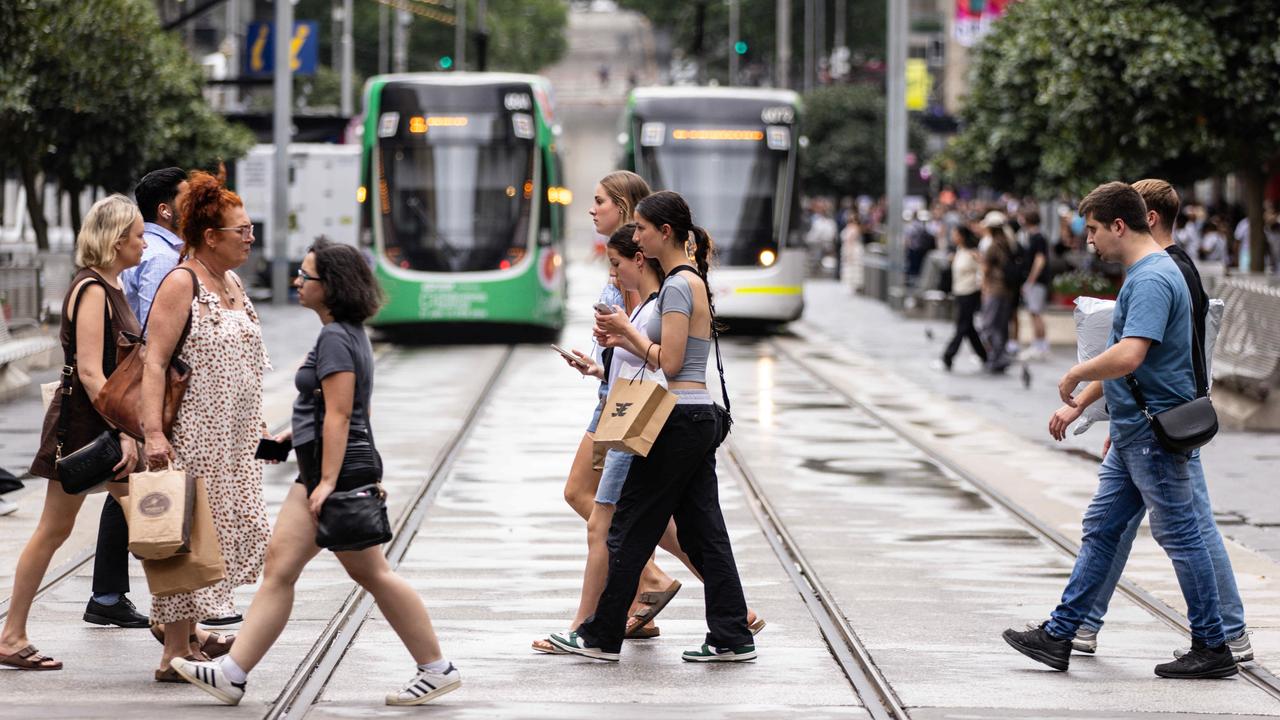news.com.au Australia Day survey reveals surprise insights into racial and Indigenous views
A news.com.au survey has uncovered our views on racism, Australia Day and Indigenous recognition, including one surprising finding.

News.com.au’s Australia Day survey has revealed some interesting views among Australians about racism and constitutional recognition of the Indigenous community.
About 2375 responses were received to the online survey, which was conducted between January 22 and January 31.
Asked whether Australia Day was racist, almost 80 per cent said they didn’t think it was and 65 per cent of these responses noted “what’s wrong with showing pride in our country and history?”. About 14 per cent said they thought it was just a day for everyone to have a barbecue and relax.
However, when asked whether there was racism in Australia, almost 63 per cent acknowledged there was, although 34 per cent of these didn’t think it was a big problem.
Another 36 per cent per cent said there was no racism in Australia, with almost 25 per cent of these saying they thought people should be required to assimilate to the Australian way of life.
RELATED: The real significance of Australia Day
SUPPORT FOR AUSTRALIA DAY
Despite the growing debate around whether Australia Day should be celebrated on January 26, just under 69 per cent of those surveyed did not want this to change, with only 22 per cent saying the date should be shifted.
Another 5 per cent said they didn’t have a strong feeling either way, and about 4 per cent said it depended on what date Australia Day was changed to.
Interestingly, support for a change was strongest among 41-50 year olds, with 27 per cent wanting a new date. Just under 63 per cent of this age group wanted to keep the celebrations on January 26.
There were similar levels of support among those aged between 22 and 40.
However, older Australians and more surprisingly, younger respondents, were less supportive.
Around 71 per cent of those aged 51 to 60 did not want to see the date changed, and this grew to 87 per cent among those aged 71 and over.
Younger Australians also seemed less keen on change, although these results were based on a small number of responses.
About 80 per cent of those aged under 17 didn’t support a date change and almost 77 per cent of those aged 18-21 wanted to keep celebrating on January 26. However, these results came from only 36 responses among these age groups.
RELATED: What life was like for Aboriginal people during colonisation
RELATED: Alternative dates for our national holiday
Asked whether they could continue to celebrate Australia Day on January 26 even if the date was changed, around 63 per cent of respondents across all age groups said they would.
Just under 36 per cent said they would be happy as long as they got another public holiday.
There was also no strong contender as an alternative date for Australia Day.
The most popular date was January 1, (the date in 1901 when the colonies became states of the Commonwealth of Australia), which got support from 15 per cent of respondents.
However, just as many people said they didn’t mind which date was chosen.
Other more popular options include the first Monday in February (so we get a long weekend) with 11 per cent support, followed by May 8 (because maaaate) and May 9 (the date when Australia’s first parliament was sworn in), both on 9 per cent. January 31 (so it was still in January) got 6 per cent of the vote.
SUPPORTIVE OF INDIGENOUS RECOGNITION
A majority of Australians did indicate openness to supporting the recognition of Indigenous people in the Constitution.
About 29 per cent said they were supportive of this, while another 27 per cent said they were open to it but wanted to see the details first. Almost 5 per cent said they didn’t have a strong feeling either way.
This compared to around 29 per cent who said they were opposed to recognition as it wasn’t necessary, while almost 10 per cent said they didn’t know enough to have an opinion on the issue.
Despite these promising figures, 42 per cent did not support the Uluru Statement from the Heart and did not want this to be enshrined in the Constitution.
Another 34 per cent said they weren’t sure.
Just 23 per cent supported the statement.
When it comes to helping the Indigenous community, 72 per cent thought Australia was already doing enough, with 33 per cent of these saying they thought the country was actually doing too much.
Just 27 per cent thought Australia should do more.
RELATED: Truth about how Aboriginal people are treated in Australia




